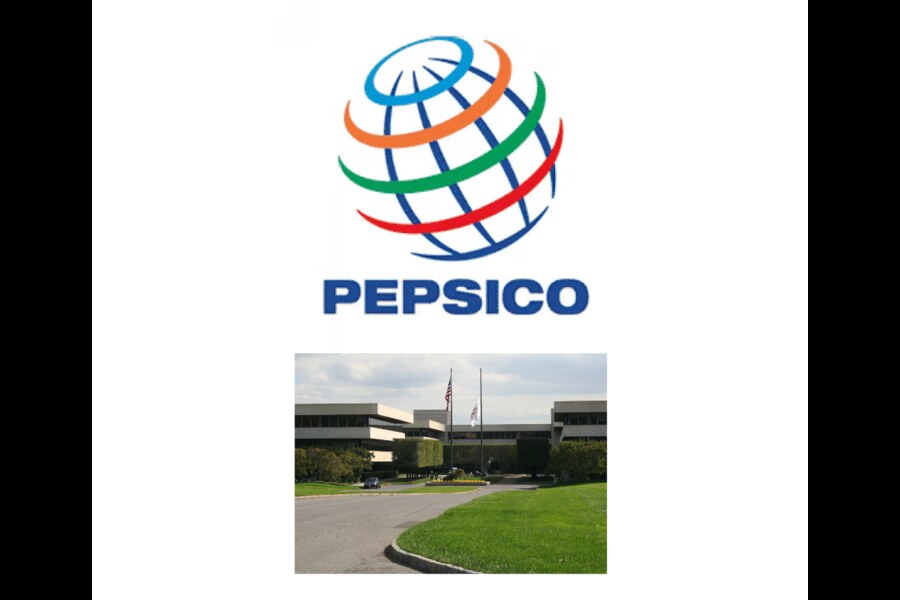PepsiCo, Inc., headquartered in Purchase, New York, is a leading multinational food and beverage corporation. The company operates across various sectors, including beverages, snacks, and convenient foods, with prominent brands like Pepsi, Gatorade, Lay’s, Quaker, and Tropicana. Over the decades, PepsiCo has strategically expanded its portfolio through mergers and acquisitions (M&A), completing over 30 acquisitions to date.
Chronological Overview of Key M&A Activities
- 1961 – Merger of Frito Company and H.W. Lay Company to form Frito-Lay.
- 1965 – Merger of Pepsi-Cola Company and Frito-Lay to establish PepsiCo.
- 1966 – Acquisition of Sabritas, a Mexican snack company.
- 1990 – Acquisition of Gamesa, Mexico’s largest cookie company.
- 1998 – Acquisition of Tropicana Products for $3.3 billion.
- 2001 – Merger with Quaker Oats Company for $13.4 billion.
- 2010 – Acquisition of Wimm-Bill-Dann, a Russian dairy and juice company, for $5.4 billion.
- 2018 – Acquisition of SodaStream for $3.2 billion.
- 2019 – Acquisition of BFY Brands, maker of PopCorners.
- 2020 – Acquisition of Rockstar Energy for $3.85 billion.
- 2020 – Acquisition of Pioneer Foods, a South African company, for $1.2 billion.
- 2020 – Acquisition of Be & Cheery, a Chinese snack company, for $705 million.
- 2022 – Investment of $550 million in Celsius Holdings, an energy drink company.
These strategic acquisitions have allowed PepsiCo to diversify its product offerings and expand its global footprint.
Divestitures: Streamlining the Portfolio
PepsiCo has also engaged in divestitures to focus on its core businesses. Notably, in 1997, the company spun off its restaurant divisions, including Pizza Hut, Taco Bell, and KFC, into a separate entity, Tricon Global Restaurants (now Yum! Brands). In 2021, PepsiCo sold a majority stake in its North American juice brands, including Tropicana and Naked Juice, to PAI Partners for $3.3 billion, retaining a 39% stake in the joint venture.
Recent M&A Activities (2024–2025): Successes and Challenges
Siete Foods Acquisition (2024): In October 2024, PepsiCo announced the acquisition of Siete Foods for $1.2 billion. Siete Foods is known for its Mexican-American inspired products, including grain-free tortillas and chips. This acquisition aligns with PepsiCo’s strategy to diversify its portfolio and cater to multicultural consumer preferences.
Poppi Acquisition (2025): In March 2025, PepsiCo acquired Poppi, a prebiotic soda brand, for $1.95 billion, including $300 million in anticipated tax benefits. Poppi’s products cater to health-conscious consumers seeking functional beverages. Despite facing lawsuits over health claims, the acquisition positions PepsiCo to capitalize on the growing demand for gut-health products.
These acquisitions reflect PepsiCo’s strategic shift towards health-oriented and culturally diverse products. While the Poppi acquisition offers growth potential in the functional beverage market, the associated legal challenges highlight the importance of thorough due diligence.
Strategic Decisions and Global Approach
- Portfolio Diversification: PepsiCo’s acquisitions reflect a deliberate shift beyond carbonated soft drinks, embracing healthier alternatives (Poppi), ethnic foods (Siete Foods), and emerging categories (Celsius). This diversification mitigates risks associated with declining soda consumption.
- Geographic Expansion: The company’s acquisitions in China (Be & Cheery) and Russia (Wimm-Bill-Dann) underline its ambition to capture growth in emerging markets, while its South African expansion (Pioneer Foods) strengthens its presence in sub-Saharan Africa.
- Health and Wellness Focus: By acquiring brands like Poppi (prebiotic sodas) and Siete Foods (grain-free snacks), PepsiCo is strategically aligning with the global health-conscious consumer trend, ensuring relevance in a market increasingly focused on well-being.
- Navigating Legal and Regulatory Risks: PepsiCo’s acquisition of Poppi, though promising, has exposed it to potential legal challenges over health claims. This highlights the importance of due diligence and brand compliance in health-focused segments.
- Innovation and Brand Strengthening: PepsiCo has demonstrated a willingness to invest in promising startups (Celsius, Poppi) and integrate them into its vast distribution network, rapidly scaling their market reach.
- Divestitures and Strategic Focus: By divesting non-core businesses, such as the Tropicana and Naked Juice brands, PepsiCo has streamlined its portfolio to focus on high-margin, fast-growing segments.
PepsiCo’s global approach—combining acquisitions for rapid growth, divestitures for strategic focus, and a clear emphasis on health, wellness, and ethnic diversity—has cemented its status as a global leader in the food and beverage industry. As it continues to adapt to consumer trends and expand its market presence, PepsiCo’s M&A strategy will remain a critical driver of its future success.
Final Thoughts: Strategic Evolution Through M&A
PepsiCo’s mergers and acquisitions strategy has been a cornerstone of its growth, allowing the company to continuously evolve in response to shifting consumer preferences, emerging markets, and competitive dynamics. With a portfolio that now spans traditional snacks, beverages, functional drinks, and culturally diverse food products, PepsiCo has built a resilient business capable of navigating changing market landscapes.
From its historic acquisitions of Tropicana and Quaker Oats to recent deals like Siete Foods and Poppi, the company has demonstrated a consistent focus on diversification and health-conscious product innovation. These strategic moves have not only enhanced its product lineup but also positioned PepsiCo as a leader in the rapidly growing wellness and ethnic foods sectors.

